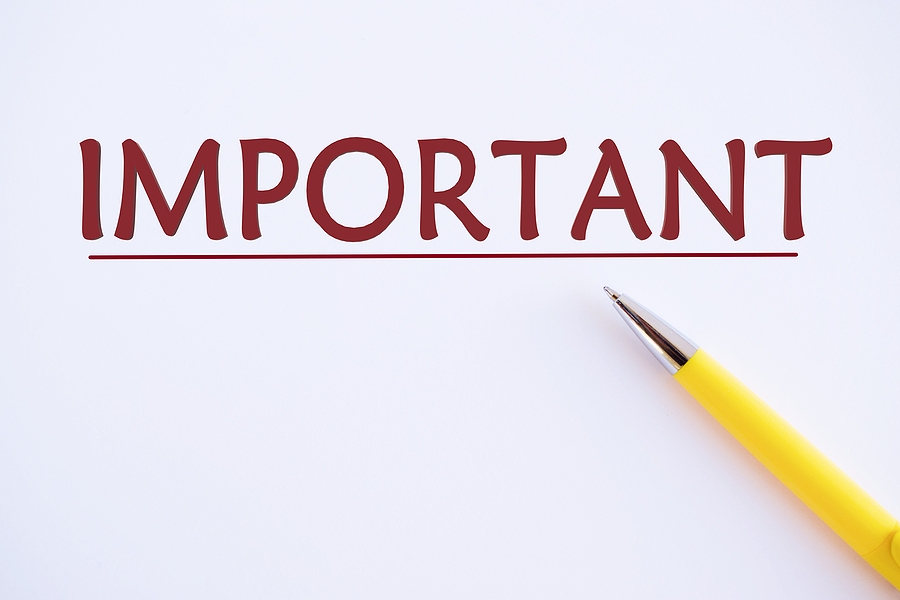This question has been raised many times: “Why do I have to jump through your hoops to create a proposal only to have it rejected with a form letter?”
It’s a Job Application
Your proposal is, in essence, an application to have a business (corporate or sole proprietor) to pay you to publish your book, to spend their money on your work in a effort to create a profitable product.
It’s that simple when you think about it. Imagine you want to get that dream job at the local tech headquarters. You will work very hard to make sure your resume is brilliant and you filled out their online application form without error. You might even hire a job-search coach to help you make it perfect. And you are still one of a thousand who apply for that same position.
If this kind of effort is done to get that dream job, then why do we get book proposals that are poorly organized, poorly written, or simply inappropriate for our agency to even consider?
Is it Rocket Science?
No, it’s not rocket science. But there is a “science” to a pitch, and it takes hard work. Take courses (like this one) and read books on how to create a book proposal. Each will have a different nugget of wisdom to help you on your way. Invest the time to do it right.
The Work Is Not Wasted
If you have a proposal that you are confident in, that has all the pieces included to the best of your ability, what do you do if no one signs it for representation or a book contract?
The beauty of the book-proposal exercise is that you’ve really thought about the selling points of the book. The soundbite headline. The marketing appeal. Who would buy the book and why. The craft in the book itself. Each of these pieces are now in place should you decide to go the independent route. The indie author is faced with the next uphill battle of getting the book into publishable form, but you already know how you would position it in the marketplace because you created a book proposal.
I’d even go so far as to recommend that every author, whether pursuing traditional publishing or not, should go through the exercise with their next project. In one sense, it is a bit like creating a publication plan for the project. The essential parts will be in place because you did the work in the beginning.



 A Shocking Tragedy
A Shocking Tragedy

Agreed. The hard work I put into my book proposal did not result in a publishing contract, but prepared me well for Indie marketing. The most time consuming piece was the most beneficial. Reading books similar to mine set me up to distinguish my book from the others.
Once finished, that proposal is a blueprint for your next book proposal. Each time I make one, I learn a little bit more about my own writing. Such a great exercise! If I’m stuck on the actual writing part, I’ll open up a file and start on the book proposal. Using a different part of my brain helps unclog the gears of writer’s block and gets me looking at my project from a different perspective. I’ve had many great ideas for strengthening the book while working on the book proposal!
Absolutely. A proposal is harder to write than the book. The synopsis alone is a challenge. But once it is done, you not only plan a publication pathway, you can talk about your book with confidence.
I agree!
The synopsis also. Which is perhaps the most heinous part of submission. Between the proposal and synopsis it is easy to find plot holes. Which seems weird, but it certainly helped me as I wrote both out.
I, too, used both for templates for the next work (haven’t finished it yet, but gettin’ there). Writing out the proposal and synopsis before the complete draft/final final final final draft is a dern good thought as I sit here contemplating.
I’ve been somewhat confused about the whole idea of book proposals, but Steve, you cleared it up when you compared it to a resume. The light came on! 🙂
Steve, with your indulgence, I’ve been receiving increasingly strongly-worded proposals here…I’m so far past writing a book now, but this may be kind of analogous. If not, please delete, no worries.
There’s a proposal, just for me;
is it from God? I do not know,
It’s clear, but I don’t want to see
that it’s gettin’ time to go.
laid out line by line, the case
for seeing what I’d fain ignore,
for seeing what I would not face
that my life is on the floor
and that there’s no return from this,
not now, not from what happens next,
not from my body’s Judas-kiss,
but I think I shall ignore sent text,
and email that will follow up,
for I’ll d*** not take the hemlock cup.
I really like the idea of writing a proposal for a project even if one isn’t submitting it. I need to start doing that.